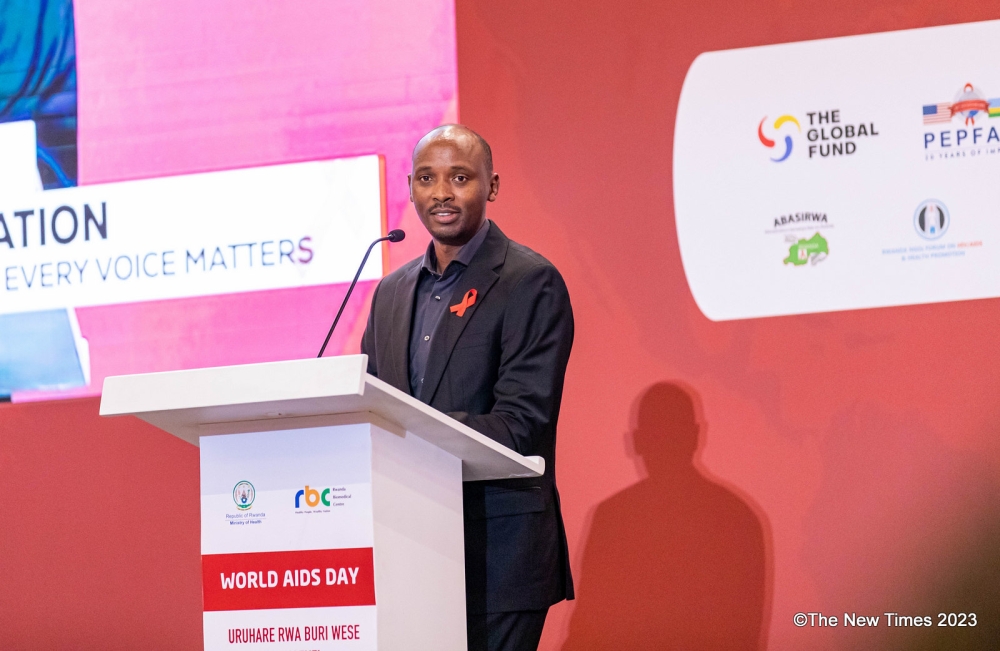KIGALI, Rwanda (AP) — Rwanda is gearing up for a potential decrease in aid from global organizations in its battle against HIV/AIDS, as donors shift priorities toward countries facing greater challenges in combating the disease.
The nation has achieved remarkable success in managing HIV/AIDS, attaining the ambitious “95-95-95” target set by the Joint United Nations Programme on HIV/AIDS (UNAIDS). The goal, scheduled for realization by 2030, entails diagnosing 95 percent of all HIV-positive individuals, providing antiretroviral therapy (ART) for 95 percent of those diagnosed, and achieving viral suppression for 95 percent of those treated.
During an event marking World AIDS Day on Thursday, November 30, Hind Hassan, UNAIDS Representative to Rwanda, disclosed that donors are reallocating funds to nations with more pressing needs. She emphasized the necessity for domestic resource financing and mobilization, including exploring engagement with the private sector to generate resources for the HIV response.
Rwanda heavily relies on external resources, predominantly financed through the Global Fund or the US President’s Emergency Plan for AIDS Relief (PEPFAR), to provide care for over 220,000 people living with HIV in the country. Antiretroviral medications are manufactured abroad and supplied to Rwanda through these arrangements.
Expressing concern over dwindling donor aid, Sylvie Muneza, Chairperson of the Rwanda Network of People Living with HIV/AIDS, urged for increased donor support to meet set targets.
Addressing the issue, Basile Ikuzo, Director of the HIV Prevention Unit at the Rwanda Biomedical Centre (RBC), acknowledged concerns regarding aid reduction but affirmed that the government is implementing alternative measures to counter impending changes.
The RBC, in a bid to bridge the resource gap, prioritizes sustainable financing for the national HIV response. The government’s HIV response plan emphasizes the exploration of strategies to minimize costs, enhance sector efficiency, and establish a long-term strategy to boost domestic funding for HIV programs.
As part of these efforts, the country is involving the private sector and encouraging its participation in the HIV response by investing in health. Dr. Sabin Nsanzimana, the Minister of Health, stressed during a World AIDS Day event that the fight against the disease is far from over, noting ongoing AIDS-related deaths and new infections, particularly among young people.
According to the Rwanda Population-Based HIV Impact Assessment (RPHIA), conducted between October 2018 and March 2019, an estimated 5,400 new cases of HIV occur annually among adults in Rwanda, with a prevalence rate of 3.0 percent. The government underscores the importance of sustained efforts to combat the disease and the urgent need for diversified funding sources to ensure continued progress in HIV/AIDS management.

